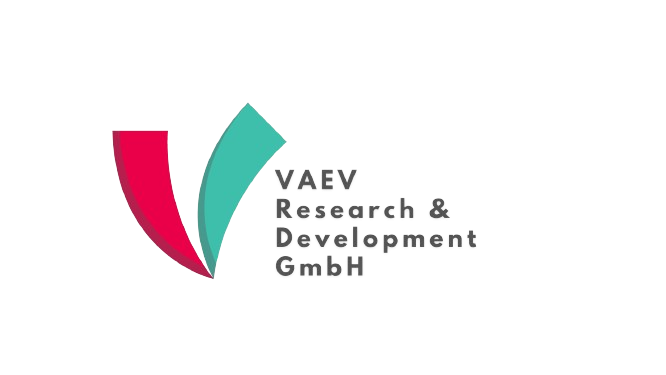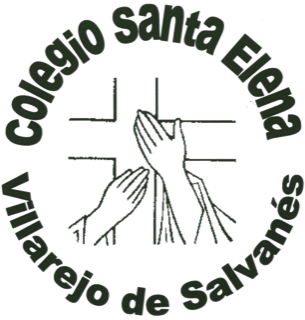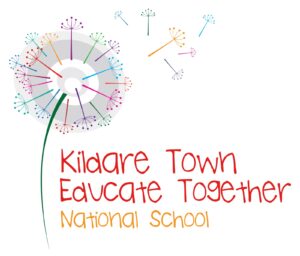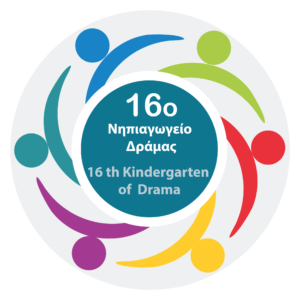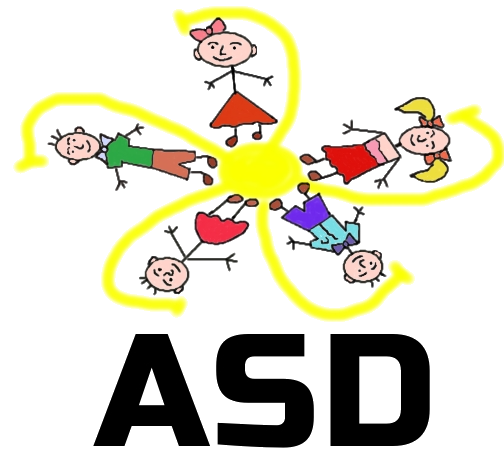SaLT
The project SaLT (Speech and language tools for early intervention for teachers) aimed at creating speech and language tools for teachers to help them in their early intervention.
SaLT (formerly called SL Tools) is a European collaborative project that has been funded from Dec. 2022 to May 2025 under the framework of the Erasmus+ programme.
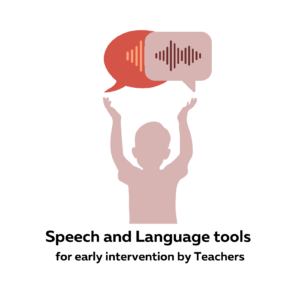
What is the SaLT project about?
The project SaLT (Speech and Language Tools for early intervention for teachers) aimed at creating speech and language tools for teachers to help them in their early intervention.
Learning a language is a life-long process that begins in the first months of life and continues throughout the years of maturity. Learning processes develop in early childhood at their fastest speed. Language acquisition and communication are essential for the success of children in kindergarten and school. Communication is a complex human skill that combines physical and mental elements, and it is crucial for all children. Modern society requires a high level of communication skills; speech, language, vision and literacy are fundamental skills needed to meet these requirements. Dysfunction in one or more of these areas may lead to communication disorders. By the age of six, children learn basic vocabulary, grammar and more than 90% of the basic vocabulary in their native language. They use their accumulated speech knowledge to convey a wide variety of needs, desires, ideas, and fears. As a form of communication, language can be defined as a conventional system of symbols that are combined and used, the later ones are controlled by certain rules which the main purpose is communication.
Speech-language pathology/therapy is a developing profession all around the world. Medical specialists provided most of the rehabilitation services, with a special emphasis on diagnosis. Year by year, speech-language services have been made by psychologists, special educators and audiologists who are becoming interested in treating the communicatively handicapped.
According to the key data on the early childhood report (Eurydice Report 2019), the ability to communicate effectively is essential if children are to complete their education successfully. Language and communication are therefore one of the main areas of children’s learning and development.
There are two main approaches to language support as recommendations for language support to improve individual children’s language development. It is offered to children who have additional needs in speech, language and communication in the language of instruction regardless of their home language. These are:
1. Small group remedial activities
2. Individualised learning programmes
Speech disorders are:
1. Articulation issues (difficulties of producing sounds correctly)
2. Fluency issues (difficulties such as stuttering or repetitions)
3. Voice issues (difficulties such as volume, pitch, or voice quality)
Language disorders are:
1. Expressive issues (difficulties such as limited vocabulary or putting words together)
2. Receptive issues (difficulties of understanding or processing the language)
3. Cognitive issues (difficulties of communication skills related to memory, perception and attention problems)
The SaLT project, through providing the teachers and educators with digital innovative tools that are designed accordingly with the conditions of the pandemic and 21st century, has been contributing to the speech and language development of students aged 3-10.
Concrete objectives of the SaLT project
The concrete objectives of the project were:
- To improve teachers’ understanding of innovative approaches and methods used to address the needs and interests of students with speech and language problems.
- To boost understanding of teachers regarding the legal regulations on speech and language support at early childhood education.
- To increase motivation among teachers for native language acquisition processes, innovative teaching methods and digital tools used in the intervention in the case of speech and language problems.
- To improve the level of knowledge of good practices about speech and language support systems in the partner countries and around Europe.
- To increase knowledge on speech and language assessment, early intervention and practices in teachers.
- To improve the speech and language performance of the students who have some difficulties through innovative methods and tools.
- To boost the confidence of teachers and pedagogical staff in working with students who have speech & language disorders such as articulation, voice, fluency, expression etc.
- To improve strategic use of ICT and digital skills of teachers through the mobile app with an educative support plan.
- To increase the attention of target groups and beneficiaries to use project results
- To improve understanding of speech & language support at early childhood age.
- To increase the motivation of target groups to use and apply the innovative methods and tools used in intervention for speech and language problems.
- To boost knowledge of the target groups with summarized comparative report analysis through the policy report.
- To develop an understanding of the project results by wider impact to reach out to academics, policymakers, pedagogical staff and parents around Europe.
